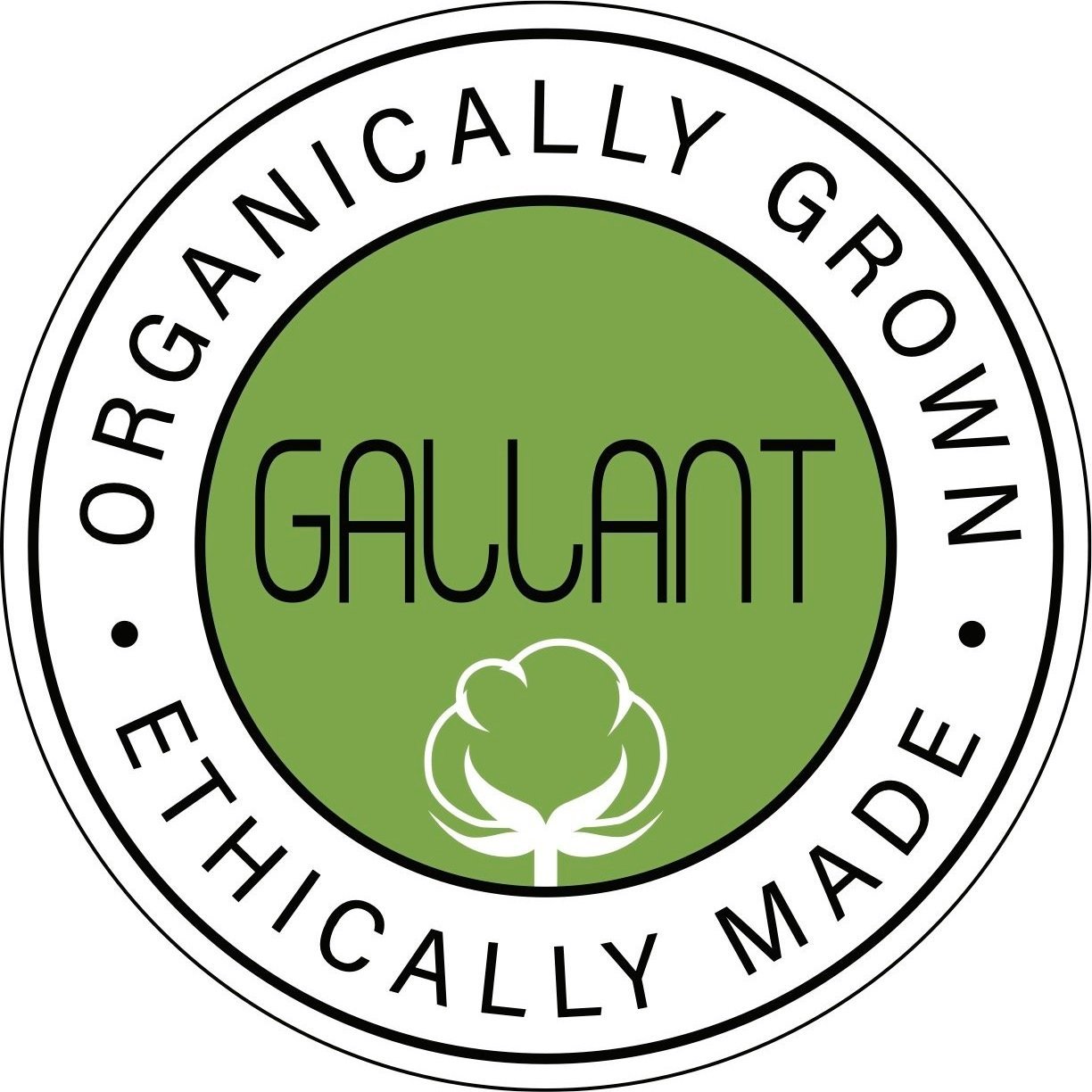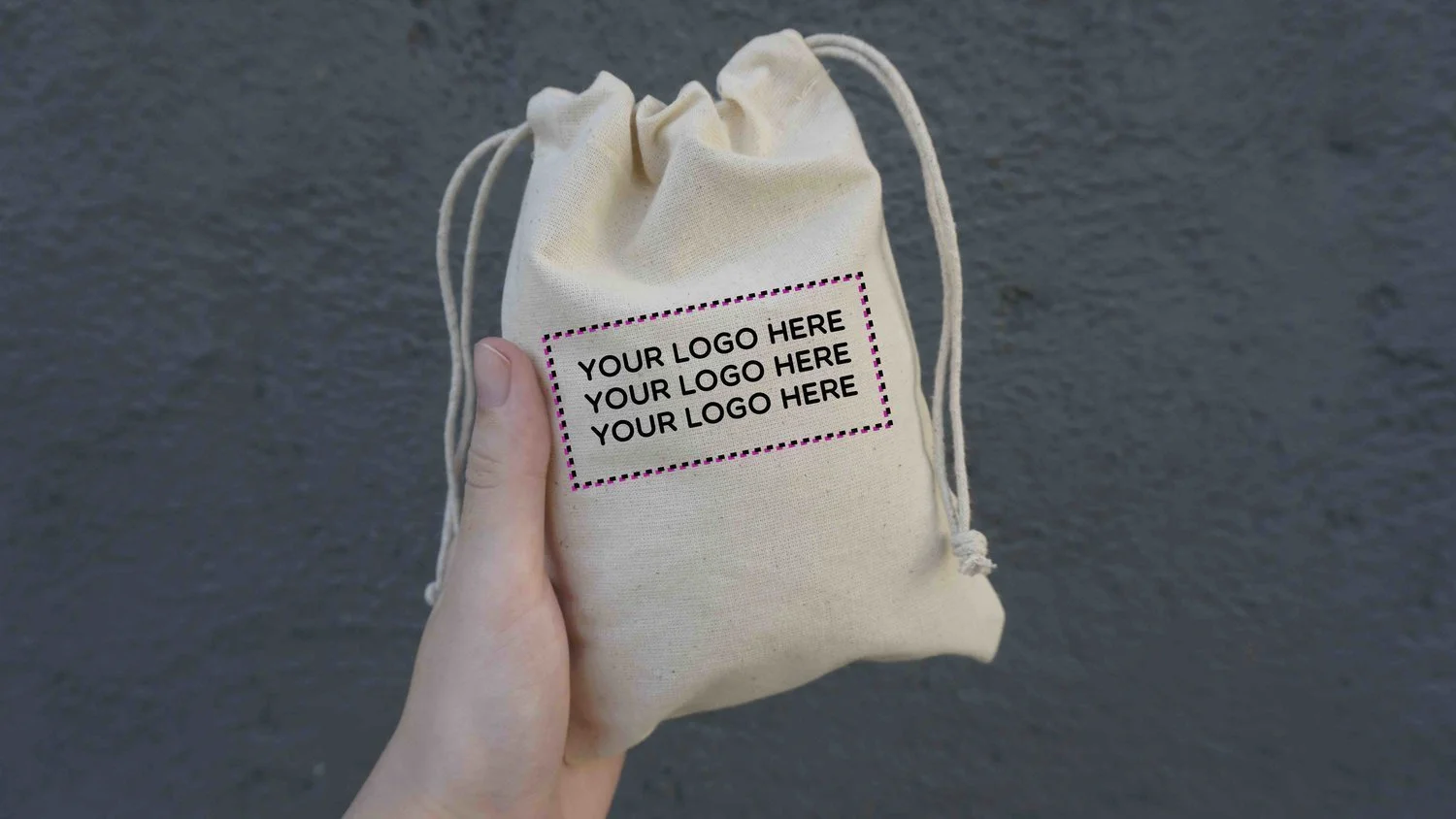5 Ways Companies can Reduce Plastic Waste
Plastic has a permanent seat in the packaging, logistics, and serving of commercial commodities across the globe. Businesses use this ultra-light, elastic, moisture-resistant, and sturdy material to market their products. The fact that almost everything we purchase comes coated with plastic proves just that. Meanwhile, the products packaged and shipped free of plastic are being considered as an alternative.
This has to change— plastic-free transactions need to become mandatory, not an option. The world produces around 320 million tonnes of plastic annually, out of which only about 60% are reused. The rest, 40% falls in the single-use category. Over eight million tonnes of plastic litter the world's ocean every year, the majority of which comes from land. We've entered an age where we don't even have to try to find plastic debris on a beach. Given that a larger percentage of these industrial plastics are non-biodegradable, this results in environmental damages for hundreds of years.
Source: EPA.GOV
The massive increase in plastic consumption has a huge impact on both the environment and public health. Plastic waste is among the most common pollutants on the planet, and it is critical for companies to minimize the volume of plastic waste that goes to landfills or pollutes our surroundings.
What About Recycled Plastic?
Although recycling is preferable to the inexcusable utilization of virgin plastic, it is not exactly 'the' option. If we were to look at the plastic loop and the hard fact that only 9% of plastic is recycled, increasing plastic sustainability to balance the production becomes a distinction without a difference. Merely a distracting smokescreen for the terrible effects of the plastic. So, dismissing the erroneous comparison between virgin and plastic is the more lucrative pathway. Businesses must take a decision whether to use a material (recycled or not) that is detrimental to the planet or choose sustainable packaging to attack the problem from the source. And eliminating as much plastic and packaging as possible is the answer to that crisis. Below are five suggestions for reducing plastic waste in business organizations.
5 Tips For Plastic Waste Reduction
Be a pioneer in your field
The public gives more weight to businesses dedicated to plastic waste reduction and green initiatives. You can set an example by implementing sustainable practices that benefit your company without harming the environment. Replace office disposables with reusables to save not just the planet but money. It will also help in shaving down waste management expenditures. And, of course, improve the company's environmental credentials.
Hold plastic audits
A plastic audit is crucial to determine how much the organization generates plastic waste. Finding where you stand in pointless single-use plastic can help eliminate these harmful materials in many ways.
Give plastic-free packaging a try
Businesses dealing in B2C operations can embrace plastic-free and unnecessary packaging. Retail stores can encourage their customers to carry reusable fabric totes or hand out promotional sustainable shopping bags to take home the purchased items. Taking immediate action to cut back on plastic use and stay away from non-recyclable plastics will help in stopping the production of plastic from the root. If you are an online store, consider packing your products in drawstring pouches instead of plastic bags.
Implement eco-friendly workplace behaviors
Encourage employees to lose individually bottled water and instead use water fountains. Recycle paper more efficiently. Switch to reusable coffee cups from plastic disposables. Get the entire team to make more efforts to limit plastic use by educating and spreading plastic waste awareness. Companies can also make it interesting by organizing fun competitions such as the greenest employee of the month and rewarding them for their plastic reduction efforts.
Opt for sustainable promotional products when in need
Single-use plastic or heavier grade plastics are not used/ reused as much as they could, which only makes plastic pollution worse. Switching to custom canvas tote bags made with 100% organic cotton can help with the issue. Plus, they are handy for sudden after-work shopping as well. Making company totes accessible to the entire office team will encourage sustainability in the workplace while allowing a spacious office bag to carry work essentials. Bulk canvas tote bags or wholesale t-shirts with customized logos are also a fantastic way to promote a company brand. Green consumers were once a small voice, but it is now increasing. The motivated, expressive consumers are likely to become the most ardent patrons if companies effectively demonstrate their commitment to do right for and by the environment. An added bonus is that sustainable businesses also have the upper hand in recruiting the best talents.
Gallant as your trusted partner
The simplest way to achieve plastic waste is to stop producing needless, problematic, single-use plastics and design your goods and packaging with sustainability in mind.
Gallant is committed to taking plastic reduction responsibility throughout every stage of our production. We wish to connect with businesses wherever they are in their green mission, assisting and applauding them for progressing in the right direction.
The United Kingdom has pledged to eliminate all plastic waste in the country by 2042. Australia is striving to make all of its industrial packaging completely recyclable, compostable, or reusable by 2025. As for America, your plastic-conscious efforts as a business organization can help the country achieve the national recycling rate to 50% by 2030.
Gallant is always happy to partner with like-minded organizations and help meet their environmental, social, and governance (ESG) objectives. Together, we can inspire the world to embrace more environmentally friendly habits.
Let’s build something good together!
You can call us at 949-680-4004 or email us at gallant@gallantintl.com.
Related blog:
CAN PLASTIC PACKAGING COMPROMISE A BRAND'S IMAGE
MICROPLASTICS FOUND IN FRESHLY FALLEN ANTARCTIC SNOW FOR THE FIRST TIME


